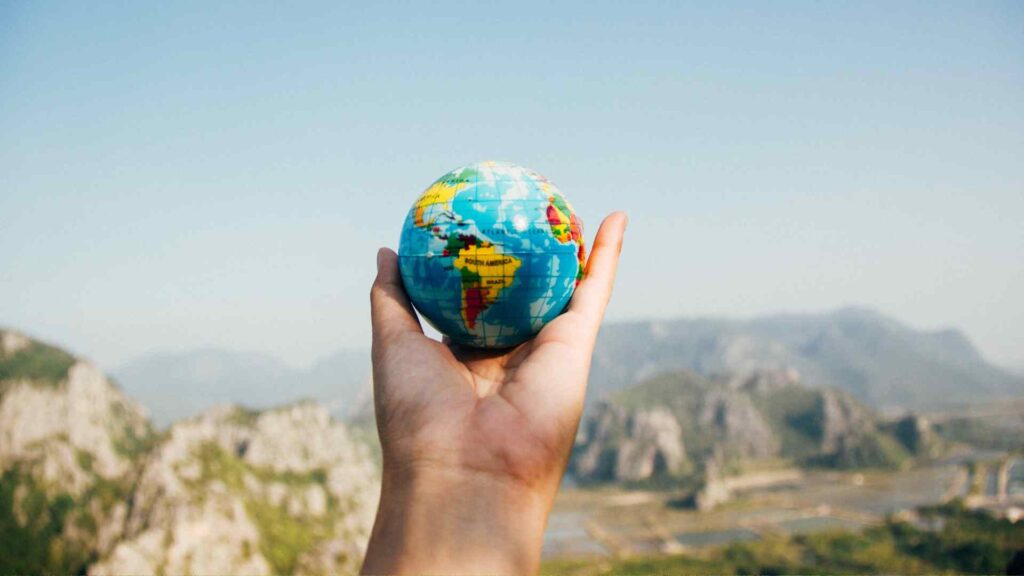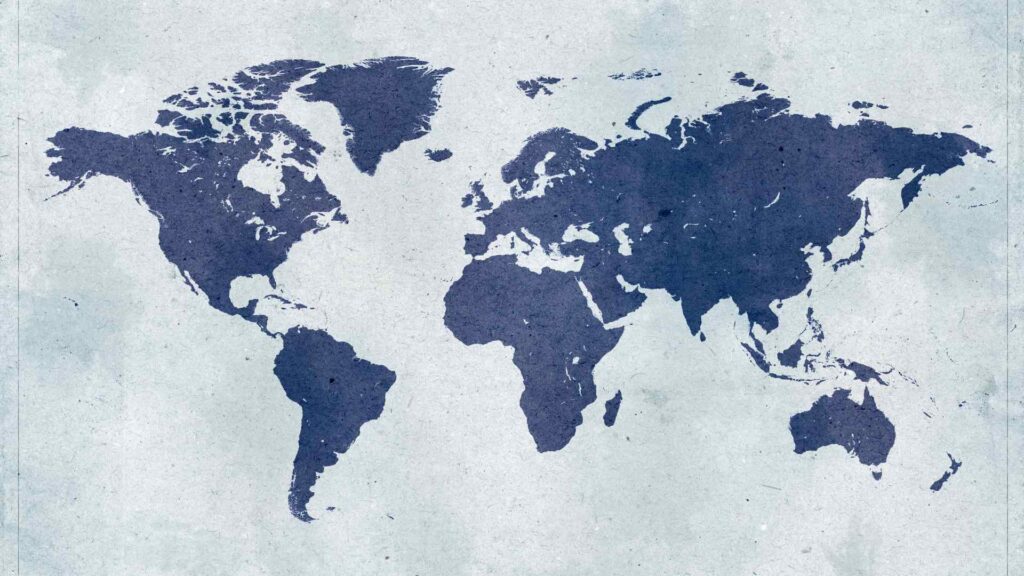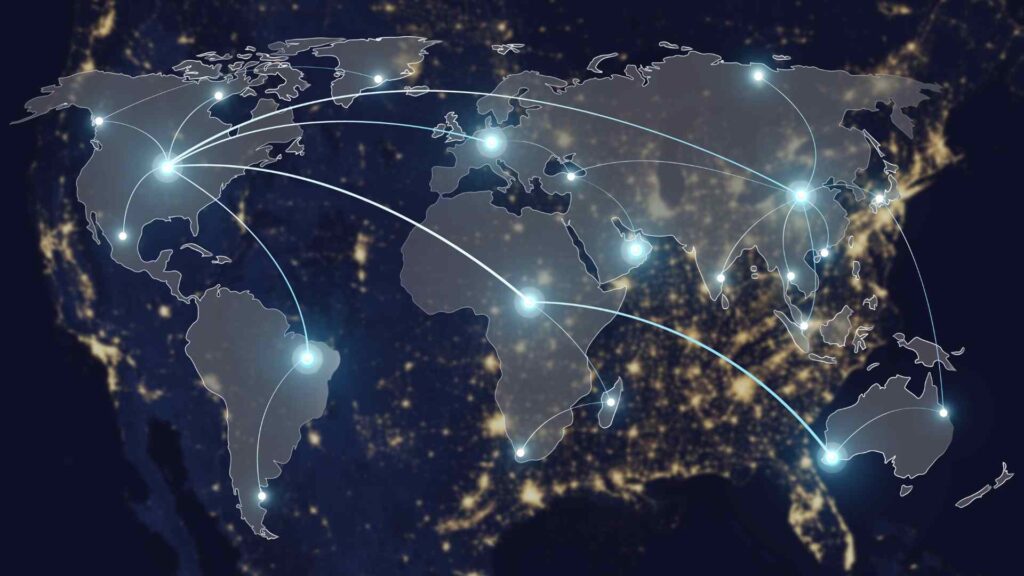Riddles have puzzled and entertained us for centuries, but none intrigue like the world’s hardest riddle.
This guide takes you deep into the mystery, exploring its roots, significance, and strategies to decode its enigmatic clues.
Whether you’re a curious mind or a seasoned puzzle solver, get ready for an exhilarating mental journey.
The “I Turn Polar Bears White” Riddle: A Test of Overthinking
The “I Turn Polar Bears White” riddle is as much a psychological experiment as it is a puzzle. The riddle reads:
“I turn polar bears white and I will make you cry. I make guys have to pee and girls comb their hair. I make celebrities look stupid and normal people look like celebrities. I turn pancakes brown and make your champagne bubble. If you squeeze me, I’ll pop. If you look at me, you’ll pop. Can you guess the riddle?”
At first glance, the riddle appears to demand an intricate answer that explains its poetic yet puzzling statements.
Solvers often overanalyze, considering scientific phenomena or abstract connections. However, the true brilliance of this riddle lies in its simplicity. The correct answer is “No.”
Why It’s Considered Hard
This riddle challenges conventional thought processes by presenting what seems like an elaborate mystery. The real challenge isn’t the content itself but the solver’s tendency to overthink.
People assume the answer must match the complexity of the question, forgetting the final query: “Can you guess the riddle?” Answering honestly reveals the solution.
Key Insights
- Psychological Trap: The riddle exploits human tendencies to overanalyze.
- Teachable Moment: It highlights the importance of simplicity and paying attention to the actual question.
- Cultural Impact: Its popularity stems from the claim that only 2% of Harvard students could solve it, though this statistic is more myth than fact.

The Hardest Logic Puzzle Ever: A Philosophical Challenge
George Boolos’s “The Hardest Logic Puzzle Ever” represents a different kind of difficulty. This puzzle involves three gods—True, False, and Random—who respectively always tell the truth, always lie, or answer randomly.
The solver must determine the identity of each god by asking three yes-or-no questions. Complicating matters further, the answers are given in an unknown language where “yes” and “no” are represented by unknown terms.
Three gods—True, False, and Random—are present in a room.
- True always tells the truth.
- False always lies.
- Random answers yes or no completely at random.
The task is to determine the identity of each god by asking three yes-or-no questions. However, there are significant constraints:
- Each question must be directed to only one god.
- You cannot ask the same god all three questions.
- The gods respond in their own language, where their words for “yes” and “no” are unknown. You don’t know which word means “yes” and which means “no.”
Why Is It Hard?
1. Dealing with Randomness
The god Random introduces unpredictability. Its answers have no logical connection to the question, which complicates the ability to gather useful information. Solvers must craft questions that work even when randomness is a factor.
2. Language Barrier
Since the words for “yes” and “no” are unknown, the puzzle adds an extra layer of difficulty. Questions must be structured so that the meaning of the response doesn’t depend on knowing the specific words.
3. Limited Questions
With only three questions, every interaction must yield as much information as possible. Solvers need to frame questions that indirectly provide insights into the gods’ identities while accounting for all variables.

The Key to Solving It: Conditional Questions
The solution relies on crafting conditional or self-referential questions that work irrespective of the language barrier and the random nature of one god.
Boolos proposed using a “meta-question” that combines the god’s own language with logic.
Example of a Valid Question
Suppose you ask a god:
“If I were to ask you whether X is true, would you say yes?”
This type of question is effective because:
- If the god is True, it answers based on the truth of X.
- If the god is False, it answers the opposite of what it would truthfully say.
- If the god is Random, the answer remains unpredictable, but carefully directing questions to the non-random gods can mitigate this issue.
Using Conditional Logic
To account for the language barrier, the question can be rephrased:
“If I asked you in your language whether X is true, would you answer with the word for yes?”
This removes ambiguity about the meaning of “yes” and “no” while retaining logical consistency.
Comparing the Two Riddles
While the “I Turn Polar Bears White” riddle emphasizes simplicity and highlights human error in overthinking, “The Hardest Logic Puzzle Ever” demands rigorous reasoning and strategic thinking.
The former plays with psychological tendencies, while the latter requires systematic analysis, making both riddles formidable in their own ways.
Ultimately, these puzzles remind us of the diverse dimensions of intellectual challenges—from the whimsical to the profoundly philosophical.
Whether one leaves you scratching your head or teaches you a valuable lesson about thought processes, both deserve their place among the world’s hardest riddles.
Understanding the Nature of Riddles
Riddles have long been a form of intellectual entertainment. By presenting problems with hidden meanings, they test logic, lateral thinking, and creativity.
The Two Types of Riddles
- Enigmatic Riddles: Abstract and thought-provoking puzzles requiring metaphorical thinking.
- Conundrums: Wordplay-driven challenges, often solved through puns or double meanings.
The hardest riddle in the world often blends these two styles, making it particularly formidable.
Why Riddles Matter
Riddles train critical thinking, improve focus, and provide a mental workout. They’re used in teaching, storytelling, and even psychological studies. The world’s hardest riddle exemplifies this intellectual challenge.
The Origins of the World’s Hardest Riddle
The concept of the hardest riddle isn’t tied to a single puzzle. It evolves over time, influenced by culture, technology, and human curiosity.
Historical Roots
- Ancient civilizations like the Greeks and Egyptians revered riddles in texts and inscriptions.
- The “Riddle of the Sphinx” is a classic example, blending myth and intellect.
Modern Riddle Icons
- “Einstein’s Riddle” is a famous logic puzzle claiming that only 2% of the population can solve it.
- Internet phenomena like “Notpron,” a labyrinthine online riddle, have earned reputations as some of the toughest challenges.

What Qualifies as the World’s Hardest Riddle?
A riddle earns this title based on complexity, ambiguity, and the depth of thinking required.
Key Attributes
- Multi-layered Challenges: Requires solving multiple interconnected clues.
- Abstract Thinking: Goes beyond literal interpretation, demanding metaphorical insight.
- High Failure Rate: Stumps even seasoned problem-solvers.
Famous Contenders
- The Impossible Quiz: Known for its intentionally misleading questions.
- The Million Dollar Puzzle: A riddle hidden in a $1 million prize treasure hunt.
The Psychological Allure of Difficult Riddles
Why do people gravitate toward the hardest riddles? The answer lies in the psychology of challenge and reward.
Cognitive Benefits
- Enhances problem-solving skills.
- Encourages perseverance and lateral thinking.
- Fosters a sense of accomplishment upon solving.
Emotional Impact
- Tackling tough riddles is akin to scaling a mental Everest—it’s about the journey as much as the solution.
Strategies to Solve the Hardest Riddles
Facing a riddle that stumps you? Here are methods to approach it systematically.
Break Down the Clues
Analyze each part of the riddle, identifying keywords and patterns.
Think Outside the Box
The solution often lies in a less obvious interpretation. Challenge assumptions.
Collaborate with Others
Two minds can uncover angles you might miss alone.
Take Breaks
Letting your subconscious work on the puzzle often yields breakthroughs.
Famous Instances of People Solving the World’s Hardest Riddle
The thrill of solving a seemingly impossible riddle has led to fame for some, while others remain anonymous.
Notable Solvers
- William Stanley Jevons: Mathematician who applied logic to Victorian puzzles.
- Riddle Enthusiasts Online: Internet communities like Reddit’s r/riddles have cracked even the most daunting puzzles.
Celebrated Stories
- The 2010 global hunt for “Cicada 3301,” a mysterious and complex online riddle, remains a legendary feat.
Creating Your Own World’s Hardest Riddle
If you’re inspired, designing your own difficult riddle is a challenge in itself.
Steps to Craft a Masterpiece
- Start Simple: Lay the groundwork with a basic idea.
- Layer Clues: Incorporate levels of difficulty.
- Use Multiple Disciplines: Blend math, language, and cultural references.
- Test the Puzzle: Ensure it’s solvable but challenging.
The Role of Technology in Modern Riddles
Technology has revolutionized the way riddles are shared and solved.
Online Platforms
- Websites like Puzzle Prime and Braingle host vast collections of challenging riddles.
- Forums and social media connect solvers worldwide, fostering collaborative solutions.
Digital Tools
- AI has been used to create riddles with unprecedented complexity.
- Cryptography plays a role in crafting and deciphering modern riddles.
The World’s Hardest Riddle in Pop Culture
Difficult riddles have left their mark on books, movies, and games.
In Literature
- J.R.R. Tolkien’s “The Hobbit” features a riddle battle between Bilbo and Gollum.
- Dan Brown’s novels often include intricate puzzles central to the plot.
In Film and Gaming
- Films like The Da Vinci Code and National Treasure hinge on solving riddles.
- Video games like Portal and The Witness push players’ problem-solving skills to the limit.
FAQs About the World’s Hardest Riddle
What makes a riddle “the hardest”?
Its difficulty lies in complexity, ambiguity, and requiring lateral thinking to solve.
Has anyone solved every “world’s hardest riddle”?
No single riddle holds the title perpetually, as the hardest puzzles evolve over time.
Can children solve the hardest riddles?
While rare, some children with exceptional creativity have cracked tough puzzles.
How long does it take to solve a tough riddle?
It varies widely, from hours to years, depending on the solver’s approach.
Are there contests for solving riddles?
Yes, riddle-solving competitions exist, including online challenges and treasure hunts.
Where can I find the world’s hardest riddles?
Explore online communities, puzzle books, and specialized websites like Braingle or Notpron.
Conclusion
The world’s hardest riddle is more than just a mental exercise—it’s a testament to human curiosity and our relentless pursuit of knowledge.
Whether solving or creating, these puzzles push the boundaries of intellect and creativity, offering rewards far beyond the solution itself. Embrace the challenge, and see where it leads you!
